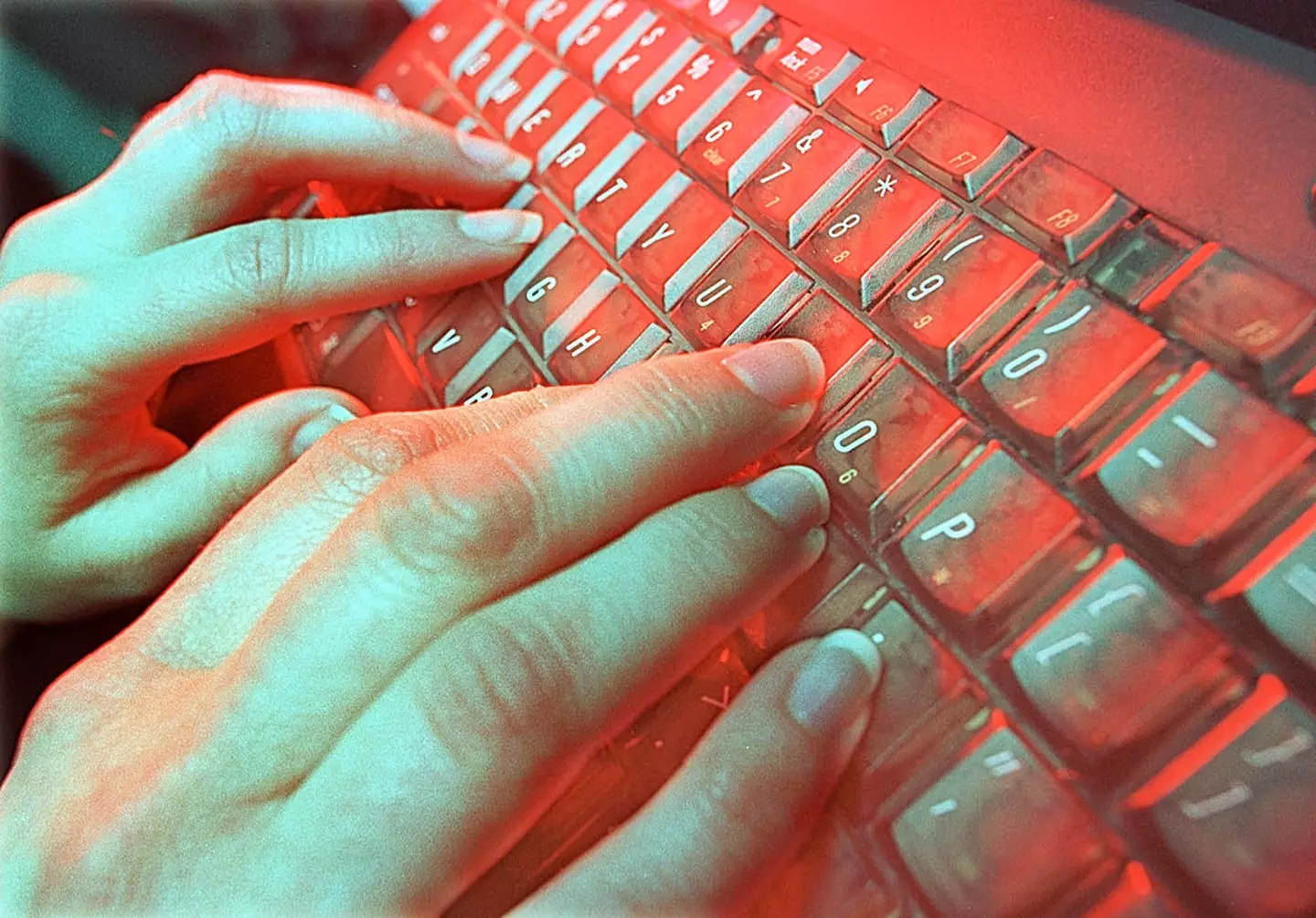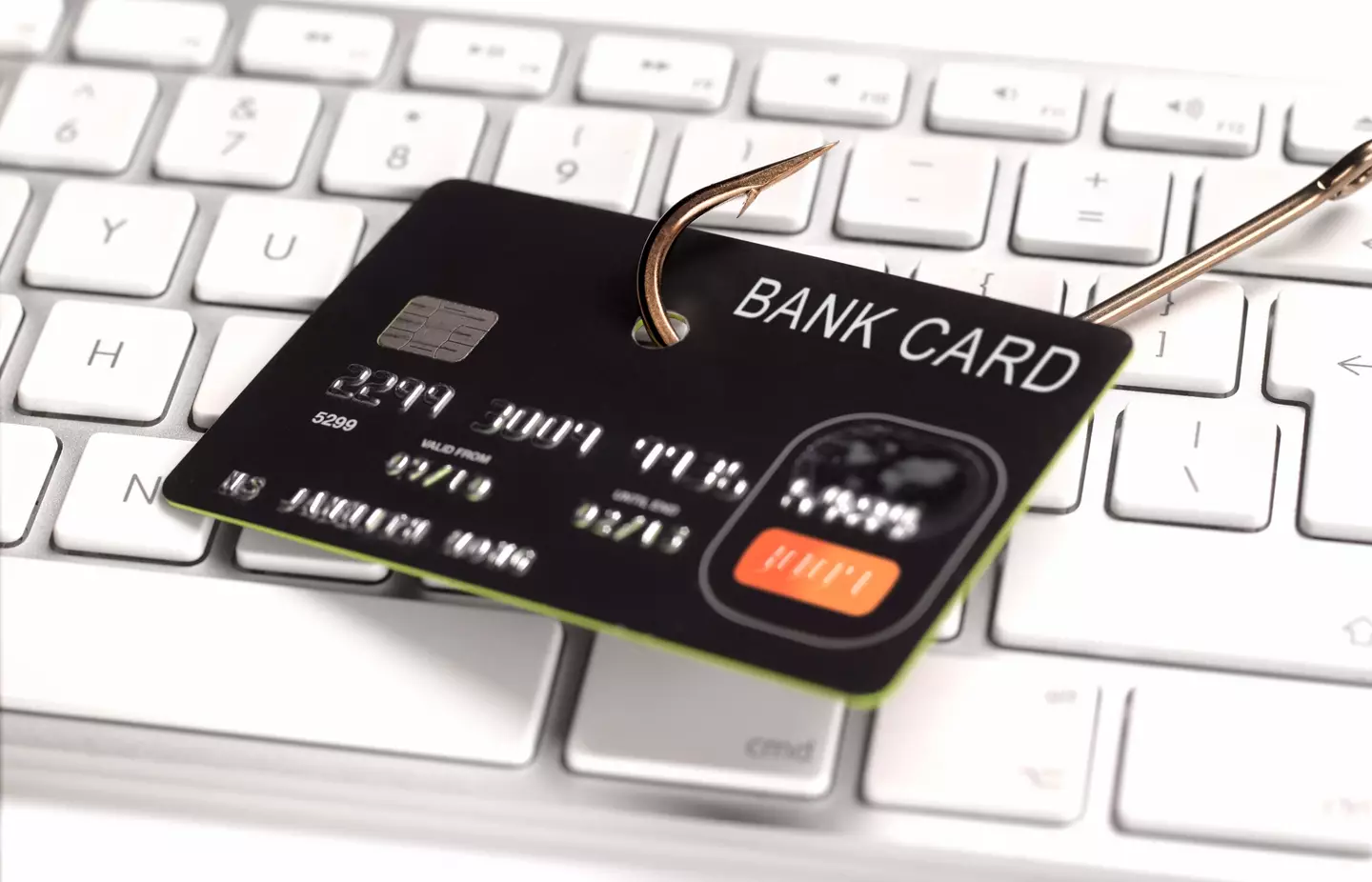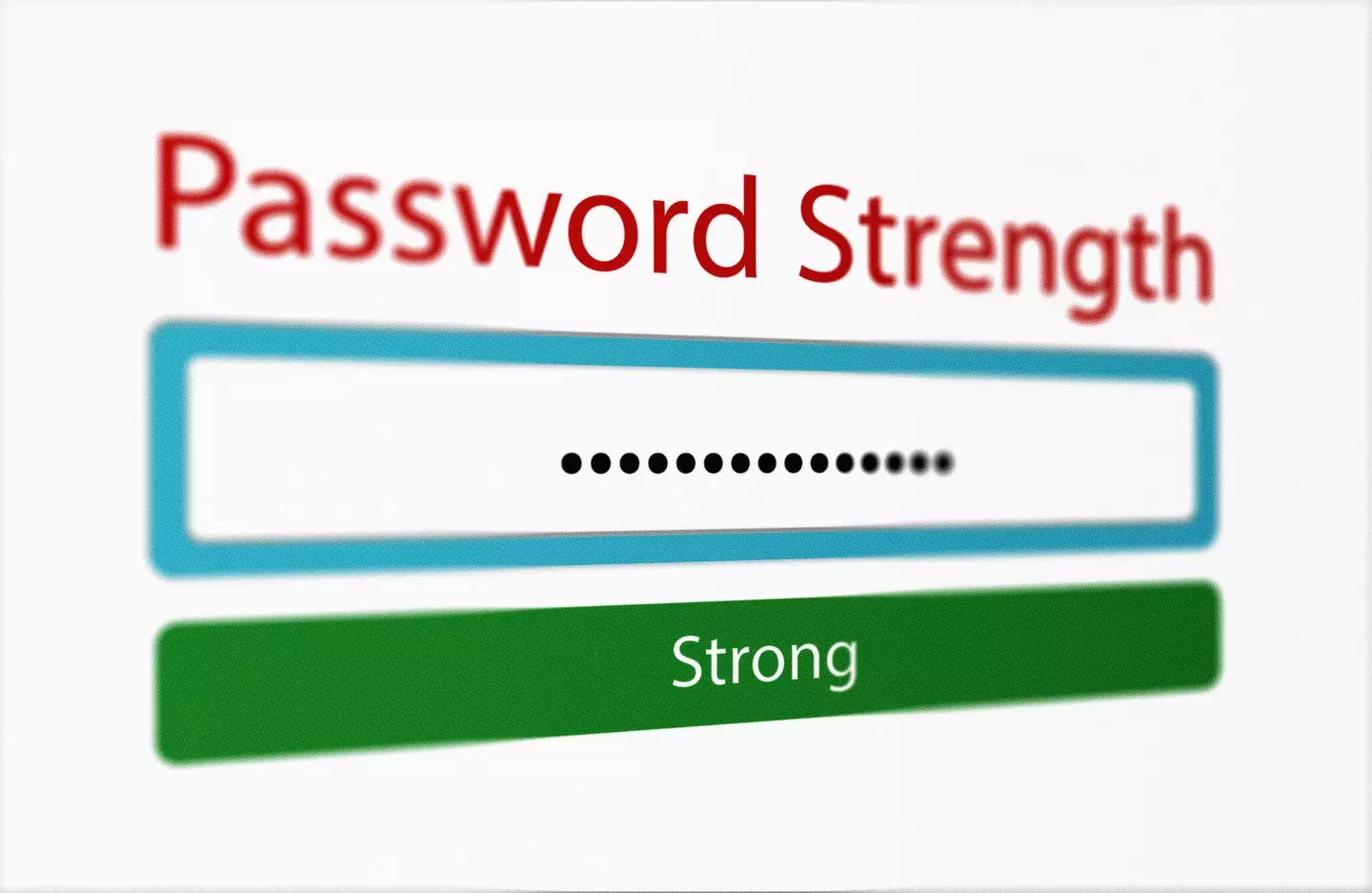
One of the many banes of modern life has to be remembering so many damn passwords.
Literally everything requires you to create an account nowadays, even simply ordering food via an app from a restaurant. Ludicrous!
And while re-using and recycling might be great for the environment, the same can't be said for our passwords.
While it might seem convenient (read: easier on the brain) to re-use the same password over and over again, it's actually a super risky move.
Advert
A private investigator has warned the practice can leave your sensitive data exposed to hackers, which could result in money - and even your identity - being stolen.
But fear not, there's also a simple, 30-second test you can do to check what information of yours has been exposed.
What's the danger of re-using passwords?

Advert
Paul Evans, a private detective from I-Spy Detectives, warns using the same password leaves you open to a technique known as 'credential stuffing'.
This is when an attacker finds your password and email address on a website that has been hacked in the past, then uses those credentials to attempt to hack your more important accounts.
Paul warns: "You may not think anything about using the same email or password on a fitness app or social media and then using that for your main email account where your household bills or other personal information feeds into."
However, he warns: "If someone cracks your credentials on the app site, they can then use that for all types of fraudulent behaviour, and you may think you haven't signed up to anything that has been cracked, but you would be surprised."
What about re-using a 'strong' password?

Advert
Cybersecurity experts often stress the importance of creating a strong password with special characters and numbers - although they have their downsides, too.
But even so, re-using it over and over again makes it weak, Paul explains.
"It doesn't matter how strong [your password] is because [after a data breach] hackers can see it in plain view, where they can then copy and paste that into other sites to try to gain access to your accounts."
He adds: "If your account data has been breached it doesn't take a genius to try those details on social media, on well-known email address providers such as Gmail.
Advert
"Hackers only need to get into one account before they can make your life difficult."
See if your data has been breached

By law, companies in all 50 US states must alert their customers when a data breach occurs.
Advert
But, as Paul highlights, not everyone understands how serious the leaking of your personal information can be.
Now, a database of this leaked information can be accessed, which indicates what important data of yours has been leaked in the past - and could still be at risk.

Paul explains: "To check if your data has been leaked, go to pentester.com and put in your email account. This will show you everything associated with that address that has been leaked."
Advert
The site gives you a summary of your information - including passwords - that have been leaked, although you do have to pay $20 for a more detailed report.
However, just the summary is enough to let you know what you need to change.
And Paul advises: "If you see leaked information on there, change your login data immediately.
"Even if you don't see your data, but use the same credentials across multiple accounts, I would advise you to change them."
Topics: Crime, Money, Technology